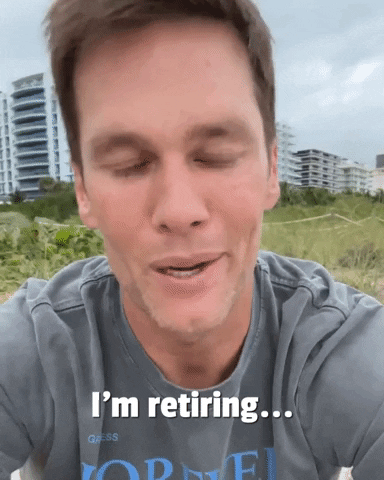Do you want to retire someday? Most of us hope to because working for a living has limitations.
Many people are in fine shape. You might have a nice defined benefit pension due to you, or your employer has a 401(k) with a match and you’ve been able to contribute to it steadily through the years. If this is you, congratulations. Go forth and retire.
But a lot of people don’t feel confident about their retirement. If that’s you, my first suggestion is to get yourself a copy of the book Your Money or Your Life, by Vicki Robin and Joe Dominguez. (Amazon affiliate link). It’s widely available at libraries, and the author has a web site with a good summary for free. This book changed my life. I bought it years ago on a business trip when it seemed like everything went wrong, and it gave me the confidence to go freelance. I interviewed Vicki Robin for a story years ago, and she is passionate about her work. That’s why you can get the bulk of information for free from her web site.
Robin’s thesis is that many of us spend more money than we need to because we are trying to make up for the miseries of our jobs. For example, someone with a long commute might buy a fancy car to make the commute easier. But would this person be happier with a basic car if it meant retiring a year earlier? Or finding a job closer to home, that would free up time and eliminate the need for the fancy car? She emphasizes that we have more agency than we realize.
Obviously, saving aggressively to retire early doesn’t work for everyone. Some people simply don’t make enough money to have extra funds. You need health insurance if you live in the United States, and that’s not cheap. And some people like their jobs too much to ever retire. Looking at you, Dianne Feinstein!
Many people have little or no extra money early in their careers, and that’s okay. You have student loans, you need furniture and a car, you’re making house payments. As you get older, though, you are probably making more money, and you’ve paid off the student loans and the mortgage. Eventually, you have the extra funds to start saving. And that’s the sweet spot. Some people are in it longer than others, but once you enter it, it’s time to maximize your savings rather than upgrading your lifestyle.
The first step? Pay off debt. Pay off high-interest credit cards, pay off your student loans, and get rid of your mortgage. The money that went to these payments can go straight into your retirement savings.
Next, take advantage of the ability to make catch-up contributions to employer retirement plans and IRA accounts. That lets your money go further. There’s nothing stopping you from contributing to taxable accounts if you have more money to save.
Finally, consider ways to downsize or cut back on spending. Whether it’s as big as moving to a less-expensive house or as small as using your public library more often, you can both increase the money you can save while reducing the amount of money you’ll need to support yourself in retirement.
Do you have any questions for me or have any other ideas? Leave them in the comments!






Nice Dianne Feinstein reference. She can retire any day now. Living off my retirement account is not what I planned for, but this is sadly my life. At least I paid off my huge credit card debt.